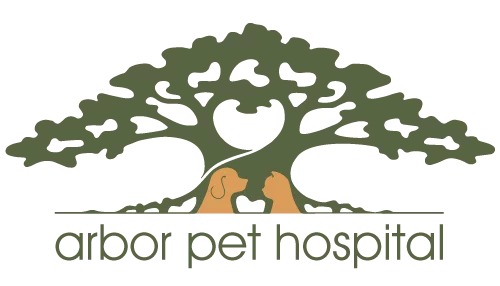Care Tips for New Dog and Cat Owners
in Wilton Manors, FL


Bringing home a new dog, cat, puppy or kitten is one of the most exciting events for any family. But it’s also a major learning experience for all involved! It takes time for a new pet to get acclimated in their new home, and for the family to learn how to interact with their new addition. In the case of puppies and kittens, there is even more of a learning curve.
At Arbor Pet Hospital in Wilton Manors, we love seeing families come in with their new pets and getting to take an active part in helping them thrive. We’re always here to answer your questions, offer tips and advice, and provide the exceptional care you and your pet deserve.
Let’s go over the basics of caring for a new pet below. If you have questions for us, just call (954) 565-1896!
Giving Your Pet the Best Start in Their New Life
Every pet should have a good start to minimize their risk of health problems later. Here are the most important things we recommend for dogs and cats of all ages.
Regular Health Checkups
While your new dog or cat might seem perfectly healthy on the outside, it’s important to schedule a checkup with their veterinarian as soon as possible following adoption. During this appointment, we can:
- Check their overall body condition
- Screen for intestinal parasites (these are especially common in puppies and kittens)
- Provide deworming treatment if necessary
- Administer their booster shots (if needed, and if they are healthy enough)
- Offer parasite preventatives
- Discuss your pet’s nutritional needs at length and offer food recommendations
- Answer any and all questions you have regarding behavior, training, exercise, and more

A Balanced, Age-Appropriate Diet
Dogs and cats need a proper, age-appropriate diet that supplies them with all the nutrients they need to grow up strong and stay healthy. Because there are so many food options available on the market, it’s important to narrow down your options by speaking directly with your veterinarian about what would suit your pet. We can provide you with a list of high-quality pet foods that would serve them best.

Basic Training to Mitigate Unruly Behaviors
Behaviors that might seem cute in puppies and kittens can be destructive in adult dogs and cats. To prevent this problem well in advance, we recommend enrolling your dog or puppy into an obedience training class. Training classes can help you and your pet learn basic commands together, which can strengthen the bond you share and lead to a more peaceful living situation at home. Dogs that attend training are also able to socialize with other puppies and people, which helps them gain confidence and learn how to interact with new people, places and things.
A Teeth Cleaning Routine
Dogs and cats should receive teeth cleanings at home to prevent harmful oral diseases later. Brushing (either with a toothbrush or finger brush) is the ideal method for slowing plaque and tartar buildup, but you can also wrap clean gauze around your finger and gently rub pet-friendly toothpaste along your pet’s gum line. Arbor Pet Hospital also carries food that is designed around oral health maintenance and tartar control.
Parasite Preventatives
Fleas and ticks are an ongoing threat to your pet (and your home). For dogs and cats alike, we recommend year-round protection against fleas, ticks, heartworms, and intestinal worms. We carry the highest-quality parasite preventatives available for dogs and cats of all sizes.
Spay and Neuter
Puppies and kittens need to be spayed and neutered before they reach sexual maturity. Research has found that spaying female dogs and cats before their first heat cycle gives them the best chance of avoiding mammary gland tumors later in life. These tumors are often malignant and life-threatening. Additionally, pets of both sexes can avoid cancer of the reproductive organs with spay and neuter surgeries, and potentially live longer as a result. Spaying and neutering also help to mitigate certain behaviors, including roaming in search of a mate, going into heat, spraying urine, and becoming agitated or even aggressive.
If your dog or cat has not yet been spayed or neutered, contact us to schedule an appointment.
